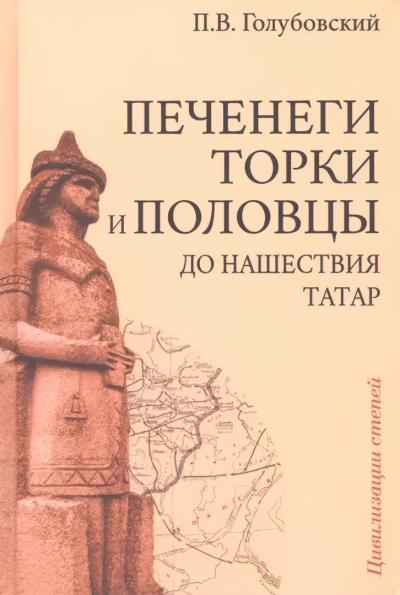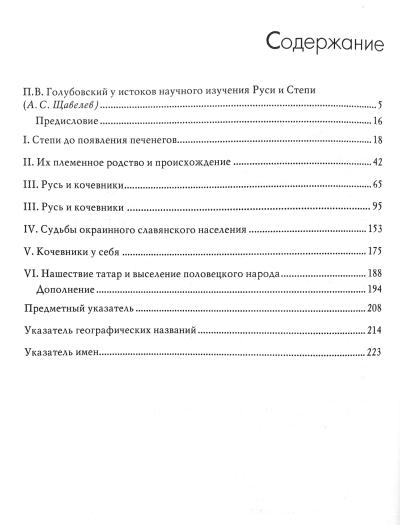Badjanaks, Torks and Polovtsians before the Tatar invasion. History of the South Russian steppes IX-XIII
14.99 €
Out of stock
P.V. Golubovsky's (1857-1907) book "Badjanaks, Torks and Polovtsy before the Tatar invasion. History of the South Russian steppes IX-XIII" became one of the first studies on the history of nomads on the borders of the Old Russian state.
All the listed ethnoses were preserved in the people's memory as warlike neighbors of Kievan Rus'. Golubovsky was the first in Russian science to suggest that it was the centuries-long confrontation with the steppes that contributed to the slow exsanguination of the South Russian lands and, as a result, to the rise of the principalities of the North and North-East. The Badjanak hordes managed to create a whole nomadic empire, on a scale comparable to Byzantium, and only the latter was able to conquer them. The tribes of the Torks were destined to survive the enmity with Russia and already under the name of "black clobukes" to become faithful guards of its borders. Close relations of the Cumans' khans with Russian princes, fluctuating from blood feud to blood kinship, inevitably led to the gradual assimilation of the Cumans by their northern neighbor, and only the Tatar-Mongol invasion was able to stop this process. The proposed work has an enduring historiographical value and will be useful to students of historical, linguistic and anthropological specialties, as well as to all readers interested in the civilizations of the steppes.
All the listed ethnoses were preserved in the people's memory as warlike neighbors of Kievan Rus'. Golubovsky was the first in Russian science to suggest that it was the centuries-long confrontation with the steppes that contributed to the slow exsanguination of the South Russian lands and, as a result, to the rise of the principalities of the North and North-East. The Badjanak hordes managed to create a whole nomadic empire, on a scale comparable to Byzantium, and only the latter was able to conquer them. The tribes of the Torks were destined to survive the enmity with Russia and already under the name of "black clobukes" to become faithful guards of its borders. Close relations of the Cumans' khans with Russian princes, fluctuating from blood feud to blood kinship, inevitably led to the gradual assimilation of the Cumans by their northern neighbor, and only the Tatar-Mongol invasion was able to stop this process. The proposed work has an enduring historiographical value and will be useful to students of historical, linguistic and anthropological specialties, as well as to all readers interested in the civilizations of the steppes.
See also:
- All books by the publisher
- All books by the author
- All books in the series Civilizations of the steppes






